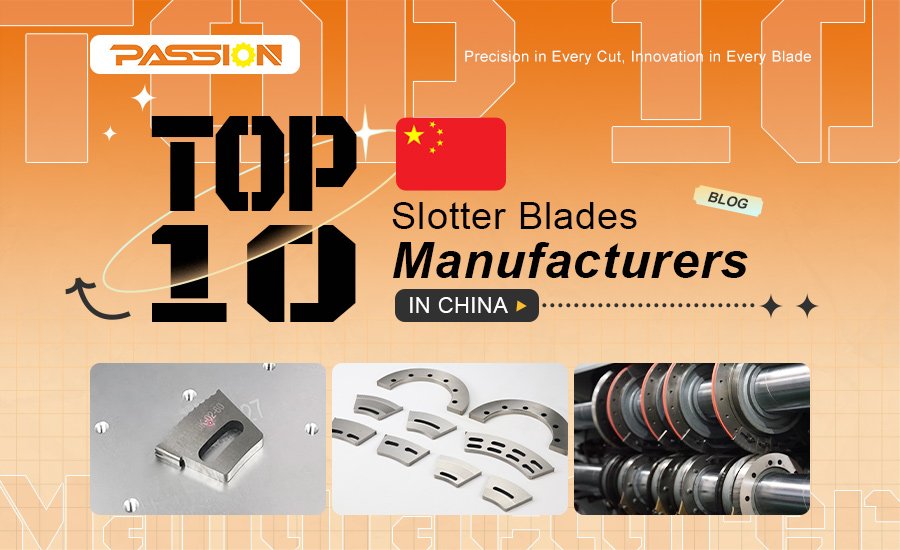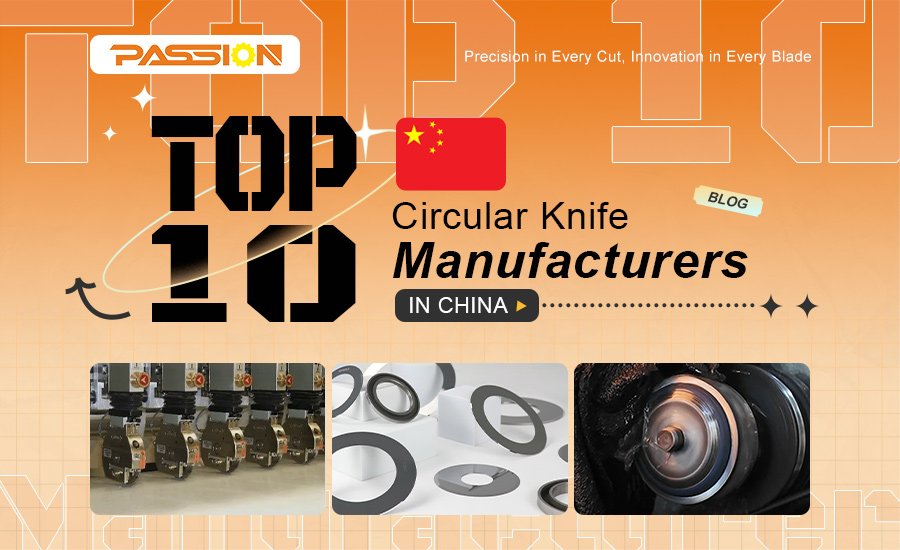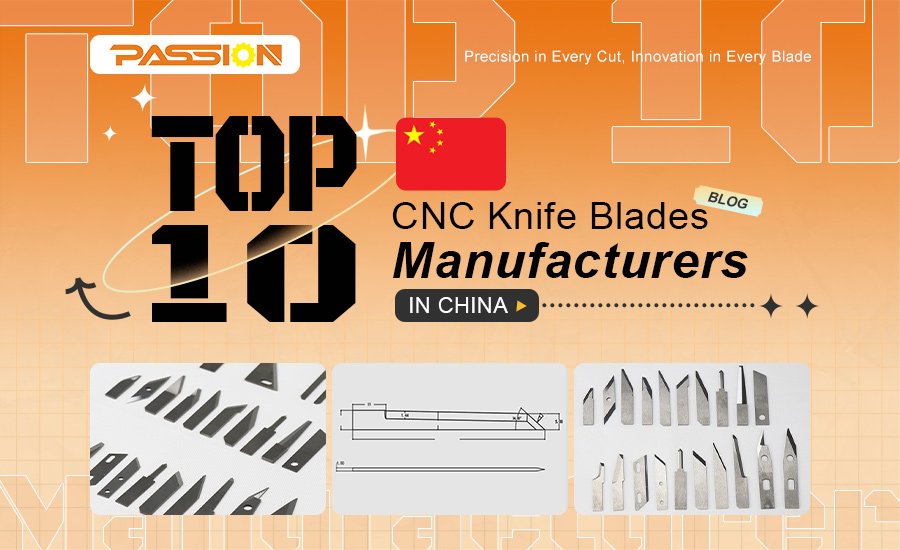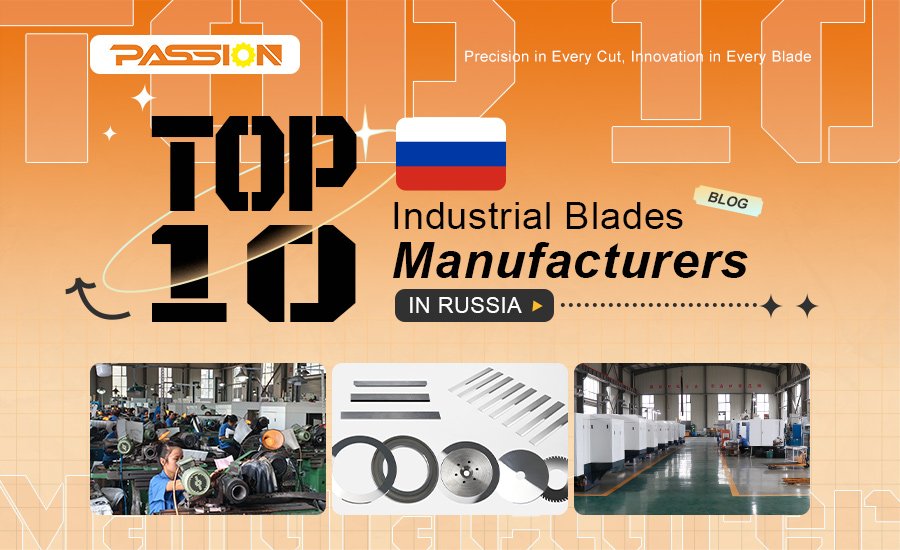In industrial grinding, choosing the right abrasive wheel can make a big difference in how efficiently and accurately the work gets done. Cubic Boron Nitride (CBN) grinding wheels have become a popular choice, especially for materials that are hard to grind with traditional abrasives. These wheels are designed to work on hard materials like high-speed steel, nickel alloys, and superalloys, so they’re perfect for the automotive, aerospace, and tooling industries. So, what makes CBN wheels so special, and how do they make grinding better?
CBN wheels are special because they’re really hard and they conduct heat really well, so they can grind tough stuff without falling apart. This guide will tell you all about the applications, benefits, and types of CBN grinding wheels, so you can get a good idea of what’s out there if you’re an industrial buyer or just someone who’s interested in high-performance grinding solutions.
What Are CBN Grinding Wheels Used For?
CBN wheels are primarily used to grind metals that other abrasives, like aluminum oxide, can’t handle efficiently. These metals include:
Hardened steel and high-speed steel: CBN wheels are great for working with hardened tool steels, so they’re a go-to choice for machining tool edges, precision cutting tools, and molds.
Nickel and cobalt alloys: These alloys are often found in turbine engines and powertrains, and they need grinding wheels that can take the heat and last a long time. That’s why CBN is perfect for these applications.
Cast iron and other ferrous materials: CBN doesn’t react with iron, so it’s perfect for ferrous metals. Diamond wheels don’t work as well with these materials.
Industries like automotive and aerospace use CBN wheels a lot because they need to grind components that have to take a lot of stress and temperature. The tooling industry likes them, too, because they help make sharp, precise edges on cutting tools.
Benefits Of Using CBN Grinding Wheels
CBN wheels have several advantages over traditional abrasive wheels, especially when it comes to how long they last and how well they work.
They Last Longer: CBN is the second-hardest material after diamond, so it can take a lot of grinding without wearing out. That means you don’t have to change wheels as often, which saves you time and money.
They Have High Thermal Stability: CBN wheels can handle high temperatures, which is important when you’re grinding really fast. They don’t get all soft and mushy when they get hot, so you can do precision grinding without messing up the part because of heat.
They Make a Better Finish: CBN wheels leave a smoother, more consistent finish than regular abrasives, so you don’t have to do as much polishing or finishing after grinding.
They’re Worth the Money: CBN wheels cost more up front, but they last longer and work better, so they’re cheaper in the long run, especially if you’re doing a lot of grinding and you need it to be perfect.
All in all, CBN grinding wheels help companies get things done faster, make better stuff, and save money by giving them grinding solutions that last and work great.
What Is The Difference Between Diamond And CBN Grinding Wheels?
While diamond is the hardest material known to man, CBN has some distinct advantages for certain applications:
Material Compatibility: Diamond wheels are great for non-ferrous materials (like ceramics or glass), but they don’t work as well for grinding ferrous metals. CBN is perfect for ferrous metals because it doesn’t react with iron.
Heat Resistance: CBN wheels can take higher temperatures (up to 1350°C), so they’re good for high-speed, high-temperature applications. Diamond wheels tend to break down at those high temperatures.
Cost and Lifespan: Both diamond and CBN wheels cost a lot up front, but CBN wheels often last longer when you’re grinding the right stuff, so you get more bang for your buck if you’re doing a lot of grinding on hard metals.
Types Of CBN Grinding Wheels
CBN wheels come in several types, each designed for specific applications. Here’s a breakdown of the most common types:
Resin-Bonded CBN Wheels: These wheels are known for their ability to grind at high speeds and are often used for grinding hard metals and cutting tools. They deliver a fine finish and are effective for surface grinding.
Vitrified-Bonded CBN Wheels: These wheels offer excellent form retention and durability, which is why they’re often used in high-precision applications. The vitrified bond allows for efficient cooling, making them ideal for continuous, high-heat grinding processes.
Electroplated CBN Wheels: These wheels feature a single layer of abrasive particles bonded to a metal core, providing an aggressive grinding action. They’re typically used for heavy-duty applications where you need to remove material quickly.
Selecting the right type of CBN wheel depends on the specific grinding needs of your job, including the required finish, grinding speed, and material properties.
What Is The Cutting Speed For A CBN Grinding Wheel?
Cutting speed is crucial to getting the best results with CBN wheels. For best performance, CBN wheels generally need a cutting speed between 5500 to 7500 surface feet per minute (SFPM). Staying in this speed range allows the wheel to grind effectively while minimizing wear and tear.
Two things you need to do to keep your wheels performing well are:
Truing: This makes sure the grinding surface is even, so you can make precise, consistent cuts.
Dressing: This keeps the grinding surface clean and free of metal particles that can clog it up and make it less efficient.
By sticking to the recommended speeds and doing regular truing and dressing, you can make your CBN wheels last longer and get the level of precision you want.
High-Temperature Performance: SDC Vs. CBN Wheels
When comparing CBN wheels with SDC (Synthetic Diamond Composite) wheels, CBN has some unique advantages, especially in high-temperature environments:
Heat Resistance: CBN wheels can work at temperatures up to 1350°C, while SDC wheels can only handle about 800°C. This makes CBN the right choice for high-speed, heavy-duty applications.
Durability for Tough Materials: CBN is tough enough to grind materials like hardened steel effectively, where other abrasives might not work.
That’s why CBN wheels are so important for applications where you need consistent performance in extreme conditions, like grinding aerospace alloys and other heat-resistant metals.
In summary, CBN grinding wheels offer some significant benefits in durability, heat resistance, and precision, which makes them a big deal for industrial applications where you need to get good results. From tooling to automotive and aerospace, people use CBN wheels to grind hard metals with precision and high performance. These wheels are an investment in efficiency and quality, so they’re perfect for people who want to make their grinding better with the latest technology.









